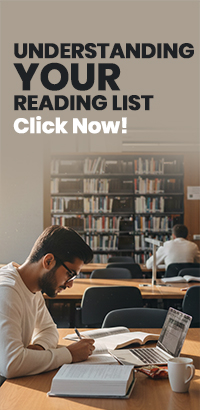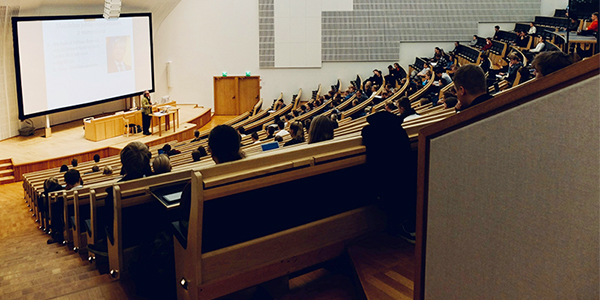ACADEMIC GUIDANCE
In the field of librarianship,
academic guidance refers to the support and assistance provided by
librarians to students, researchers, and faculty to navigate academic
resources, develop research skills, and enhance their learning
experience. This guidance focuses on equipping users with the tools and
knowledge they need to successfully locate, evaluate, and use
information for academic and research purposes.
Key aspects of academic guidance include:
Citation Guides:
Searching Techniques:
Subject Guides:
Locating Library Materials:
Research Assistance:
Information Literacy:
By offering these services, librarians empower users to develop skills like critical thinking, academic writing, and efficient resource use. For example, a librarian might assist a group of students working on a research project by teaching them how to refine search queries in a database, locate scholarly articles, and properly cite their sources in MLA format. This comprehensive guidance not only supports the immediate academic task but also builds long-term research competencies.
Key aspects of academic guidance include:
Citation Guides:
- Providing instructions on proper citation styles such as APA, MLA, or Chicago to ensure academic integrity.
- Assisting with the use of reference management tools like EndNote, Zotero, or Mendeley to organize and cite references efficiently.
Searching Techniques:
- Teaching effective search strategies, including the use of keywords, Boolean operators (AND, OR, NOT), and database-specific filters.
- Demonstrating how to refine searches for more relevant results in library catalogs, online databases, and scholarly search engines.
Subject Guides:
- Offering curated lists of resources tailored to specific academic disciplines, such as books, journals, databases, and credible websites.
- Developing specialized guides, such as LibGuides, to help users locate high-quality resources in their area of study.
Locating Library Materials:
- Assisting users in navigating the library catalog to find physical and digital materials such as books, e-books, and multimedia resources.
- Providing guidance on using specialized collections, archives, or interlibrary loans to access rare or unavailable materials.
Research Assistance:
- Supporting users in identifying, evaluating, and using scholarly resources for academic projects.
- Offering one-on-one consultations to provide personalized research guidance.
Information Literacy:
- Teaching users how to critically assess the quality and reliability of sources.
- Conducting tutorials and training sessions to improve users’ understanding of academic resource utilization.
By offering these services, librarians empower users to develop skills like critical thinking, academic writing, and efficient resource use. For example, a librarian might assist a group of students working on a research project by teaching them how to refine search queries in a database, locate scholarly articles, and properly cite their sources in MLA format. This comprehensive guidance not only supports the immediate academic task but also builds long-term research competencies.








